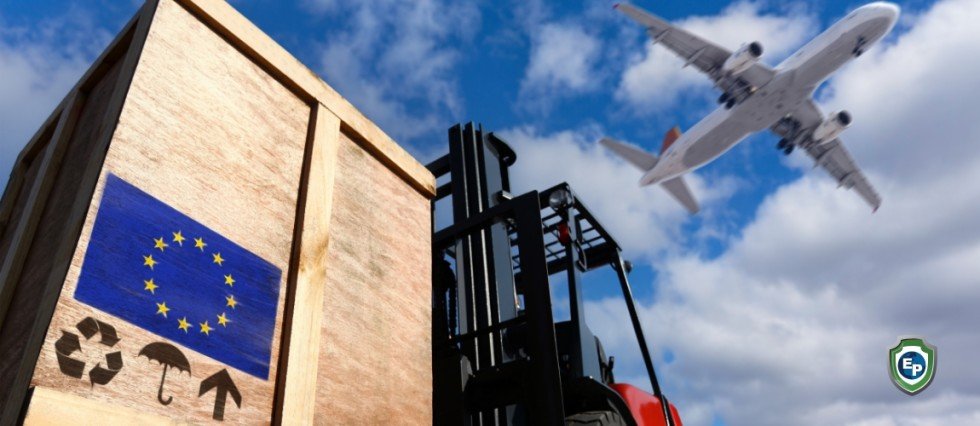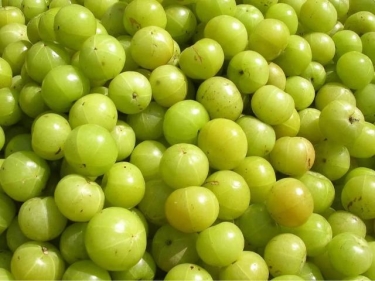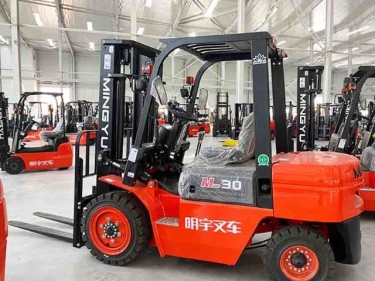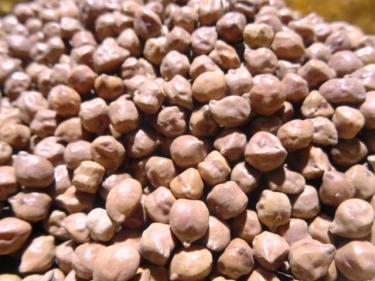Potential Repercussions of the Conflict in Ukraine on the European Economy
Although the war between Russia and Ukraine is far from over, the economic consequences are already being felt in Europe and around the world. Come take a look at our article to learn more about the effects of this conflict.

Since February 24th, 2022, the world's attention has been on Russia and Ukraine after Russia invaded several cities in Ukraine. While the conflict is still far from over, its economic repercussions are already being felt in Europe and the rest of the world.
Steel and Energy Set the Tone
In response to the Russian invasion, the European Union (EU) was forced to impose sanctions on Russia. These sanctions taken by the EU against Russia have already started to impact the import of certain raw materials to Europe, particularly steel, the significance of which no longer needs to be emphasized. Ukrainian factories have ceased operations, while Russian factories have reduced their exports to Europe to a bare minimum. For example, the Russian steel group SEVERSTAL, which exports approximately 2.5 million tons of steel to Europe each year, decided to halt exports to Europe in response to EU sanctions imposed on its CEO. Several ships are also stranded in Russian and Ukrainian ports. The ports of Mariupol and Berdiansk, which handle 20% of Ukrainian exports, are in the midst of a war zone.
In terms of energy, Europe's diesel stocks are set to hit their lowest level since 2018, London-based research and advisory firm Energy Aspects warned in March. According to Reuters, the fall in the distribution of crude oil, gas, and coal is already weighing on all refined petroleum products, particularly "middle distillates," the most popular of which is diesel fuel.
On the ground, the repercussions were immediate. Internal memos obtained from two major steel companies in Europe clearly instruct subsidiaries to notify their customers of a 25% price increase with immediate effect. As we have seen, fuel prices in some countries, such as France, have nearly doubled. Other raw materials, such as wheat, should be affected as well.

Is the Worst to Be Feared?
According to experts, the current conflict is one of the largest that Europe has seen since World War II, and it is still in its early stages. The fact that the situation appears to be stalled casts great uncertainty over Europe. Russia accounts for around 40% of European natural gas imports, 20 to 25% of European oil imports, and around 40% of European solid fuel imports (mainly coal). A war extension could thus have a significant impact on factories, transportation, and even households. Because a large portion of cereals used in livestock feed comes from Russia and Ukraine, the agricultural sector may be impacted as well.
But there is still a glimmer of hope. Even if Europe appears to be bearing the brunt of the damage for the time being, the 2014 episode of the war between Ukraine and Russia had already alerted countries to the ramifications of such a crisis if it were to recur. As a result, the EU has considered alternatives that are gradually being implemented and will allow it to reduce its energy and agricultural reliance on Russia. Europe is therefore safe for the time being, but for how long?
Learn More with Export Portal
Found this article informative? Check out the rest of our blogs for more!


















Comments 1